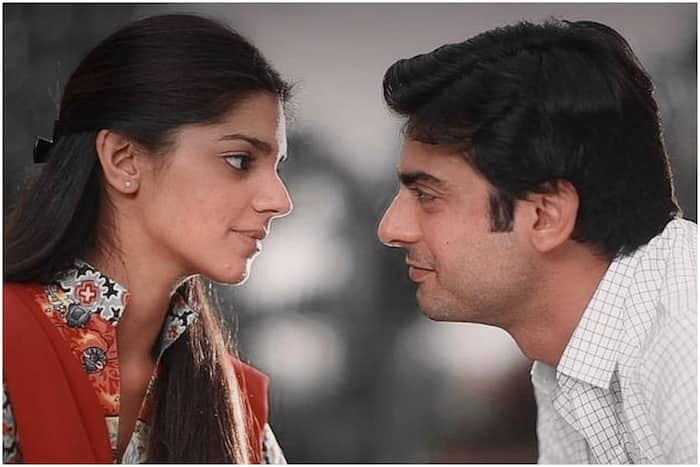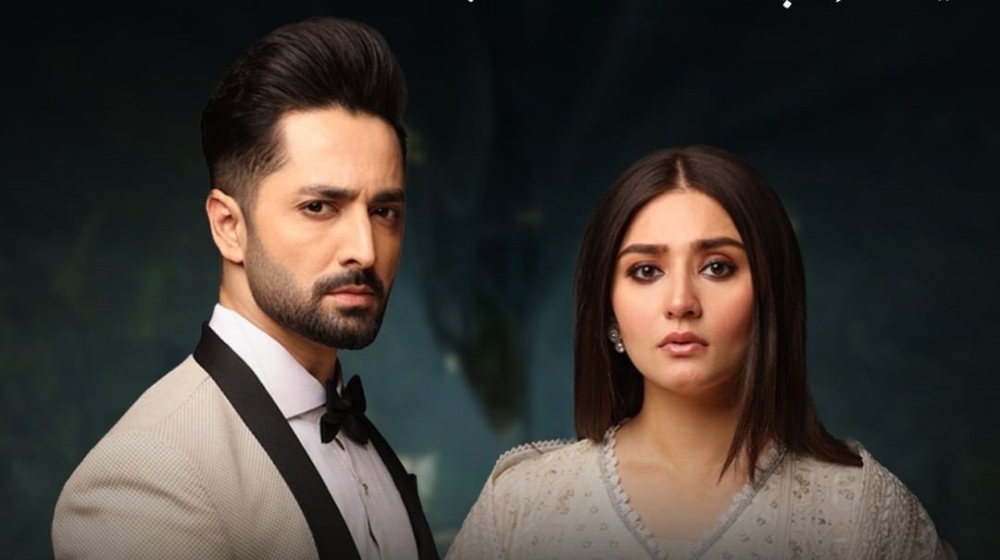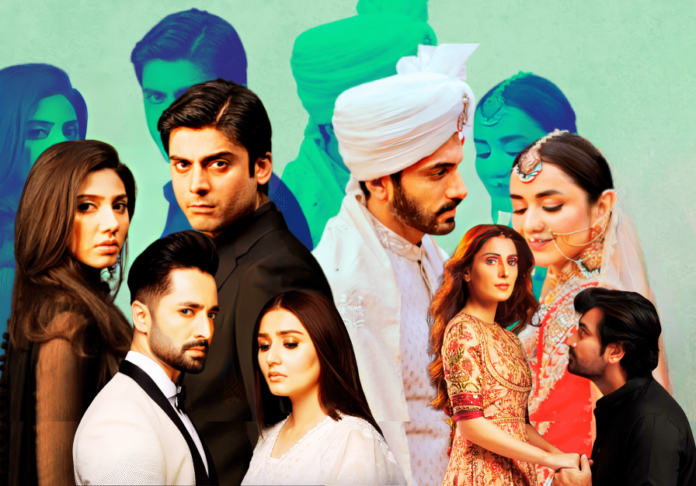Toxic Love in Pakistani Dramas has become a recurrent theme in recent years, often leading to debates about the portrayal of romance on television. Pakistani dramas have evolved significantly over the years, but a pattern of toxic love continues to dominate the narrative. While some stories highlight meaningful relationships, others, unfortunately, glorify unhealthy dynamics that affect viewers’ perceptions of romance.
Rise of Toxic Love in Pakistani Dramas
The dramatic evolution of Toxic Love in Pakistani Dramas can be traced back to the early successes of shows like Humsafar and Zindagi Gulzar Hai. Although these dramas were groundbreaking, the narratives often featured problematic elements, such as toxic relationships veiled as romantic.

For instance, Humsafar depicted a relationship in which the male lead’s controlling nature was justified by his deep “love” for the female lead, which raised concerns about the normalization of such behavior.

Following Humsafar, Zindagi Gulzar Hai was hailed as a progressive show, yet the male lead’s flawed character continued the trend of toxic masculinity. Both dramas gained massive success but left a legacy that continues to influence how romance is portrayed in Pakistani television today.
Many viewers, especially those from older generations, fondly remember the shows that were more wholesome, like Dhoop Kinarey and Tanhaniyaan, where love was presented in a much healthier, more balanced light.
Glorifying Toxic Masculinity: A Popular Trend
The portrayal of toxic masculinity is a central theme in many Pakistani dramas, where the male lead is often depicted as violent, controlling, and emotionally unavailable. These characteristics are presented as signs of love, leading to an unhealthy normalization of such behavior.

Characters like Murtasim from Tere Bin and Shamsher from Kaisi Teri Khudgarzi become examples of Toxic Love in Pakistani Dramas, where abusive behavior is excused under the guise of passion or desire.
This trend resonates with viewers such as Samina Khalid, a 28-year-old house helper, who admits to being captivated by characters like Murtasim. “I don’t like when he’s rude,” she expresses, “but there’s something compelling about how he supports his wife, even if he’s possessive. In my world, men don’t express their feelings openly, and maybe that’s why these characters attract me.”
Despite the problematic nature of these characters, the appeal of dominant male figures persists, with audiences continuing to resonate with their intensity. Toxic Love in Pakistani Dramas is frequently presented as a form of passion, leaving a lasting impact on the audience, especially those with limited exposure to healthier relationships.
The Dangerous Effects on Viewers
The portrayal of Toxic Love in Pakistani Dramas goes beyond mere entertainment—it has real-life implications, especially for younger audiences. Dramas that normalize abusive behavior or glorify toxic traits in romantic relationships can lead to distorted perceptions of love and relationships.

For instance, Farzana, a 27-year-old seamstress, finds the portrayal of dominant men in Pakistani dramas familiar In my family, men set the rules, so it’s usual to see a man in charge. I think that’s why I don’t mind the way male characters are shown,” she says.
However, the fine line between toxic love and genuine affection is often blurred. Tuba Farooqi, a 30-year-old manager at the Pakistan Stock Exchange, appreciates complex characters but also acknowledges their flaws. “I enjoyed [the portrayal] as it was complex. It was a male-driven drama, and the creators did their best to make him endearing.”
The only grey parts were the slap scene and the marital rape scene, which were changed after backlash. But even in those scenes, the female lead character was equally vocal and aware,” she notes.
Redefining Romance: The Demand for Healthier Narratives
Despite the overwhelming popularity of Toxic Love in Pakistani Dramas, there is a growing demand for healthier, more balanced portrayals of love and relationships. Shows like Kabhi Main Kabhi Tum and Mere Paas Tum Ho have gained attention for showcasing men who respect and honor their wives, without resorting to toxic behaviors.These characters represent a shift away from the norm and suggest that audiences are ready for change.

Aeliyah Zaidi, a 25-year-old news sub-editor, notes the appeal of a softer male lead: “After a long time, we have seen a character where a male lead honors his wife and gives her the respect she deserves. Even though we know he isn’t flawless, he strives to be the best version of himself.”

Moreover, characters like Humayun Saeed’s portrayal in Mere Paas Tum Ho or Sheheryar Munawar in Radd reflect a more complex view of masculinity—one that embraces vulnerability and emotional depth rather than resorting to the toxic behaviors that have been so prevalent in recent years.
The Real-Life Consequences of Toxic Portrayals
The persistence of Toxic Love in Pakistani Dramas is not without consequences. In 2023, a study published in the Pakistan Journal of Humanities and Social Sciences revealed that 73.9% of young women in Karachi felt that the combination of romance and violence in dramas contributes to the normalization of abuse.
This trend distorts the perceptions of love and idealizes controlling behaviors, which can be especially harmful to younger women forming expectations based on these portrayals.

Shazia Haseen, a 35-year-old tailor, expresses concern over these representations: “I tell my daughters to remember that respect in a marriage goes both ways, but I worry they’ll think otherwise if they see these kinds of men being romanticized on TV.”
Dr. Neelam Naz, a clinical psychologist, elaborates on the dangers of repeated exposure to toxic relationships: “Repeated exposure to controlling and abusive behavior can lead individuals to perceive such actions as normal. Over time, this normalization can make people expect similar behavior in their own lives, fostering a sense of denial about the harm these experiences cause.”
The Need for Change
Toxic Love in Pakistani Dramas has become a defining feature of contemporary television, influencing how romance and relationships are viewed by audiences. While these dramas provide entertainment and thrill, their impact on societal norms—especially on the younger generation—cannot be overlooked.
It’s time for a shift towards healthier narratives that celebrate love, respect, and equality. For the sake of the future, creators must take responsibility for the stories they tell and their potential impact on society.
Pakistani dramas continue to have a massive fanbase worldwide, with the top worst acting performances of 2024 sparking debates both in Pakistan and globally. While the industry saw remarkable success with highly praised shows, some performances fell short of expectations, resulting in noticeable missteps. Viewers from around the world tuned in, breaking records.


